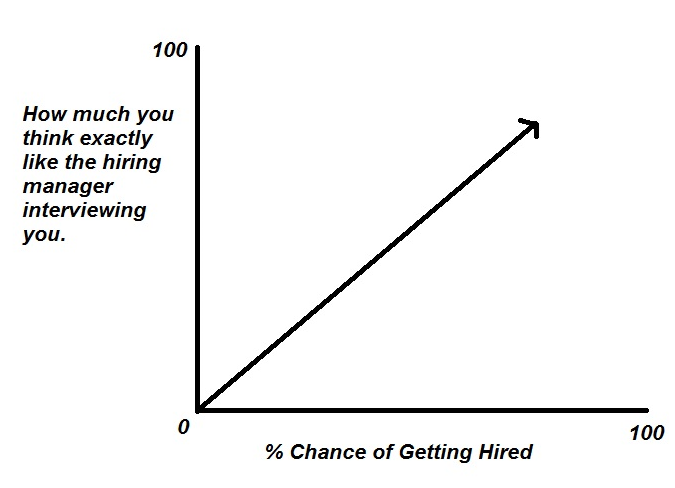By now everyone has seen former Baltimore Raven running back, Ray Rice, knock out his wife with two punches to the head in the elevator of an Atlantic City casino. My question is, why didn’t anyone in the Baltimore Raven’s organization see this before agreeing to bring him back initially, with only a two game suspension?
The Raven’s claim no one in their organization saw the video from inside the elevator until it was leaked to TMZ this week. Do you buy that? I don’t. Twenty years in HR and I would have put a stop to this with one decision. “Ray, you want to be a part of this organization, we need to see what happened from inside the elevator before that happens.” But, I can’t get the tape, the casino would release it, it’s not mine to get, etc. Bullshit.
Then, I guess you don’t want to play football very badly. It’s a very simple HR problem. You have an employee (Mr. Rice) who does something you believe to be really bad, but you can’t fully prove it, but you know he can. Make him prove he’s innocent. Make him go get the tape. An innocent person will do that. A guilty person will give you excuses about why they can’t.
I truly think that someone on the Ravens knew what was on that tape, but had the casino’s word that it would never get out, and they believed them!
Once it got out, yes, they did the right thing. But, it never should have gotten this far. Good organizations get the information they need, or they stay conservative as possible. The video footage was out there. If TMZ can get it, you better believe the Ravens could have gotten it. It’s all about money and pressure. The Ravens have both and decided not to use it to get to the truth. That’s an example of a poorly run organization.
I’m guessing this guy will never get a chance to play football again in the NFL. I can’t believe another team would ever take the publicity hit to bring him in, even if he ever gets reinstated by the NFL.
It begs the question: what if this happened to one of your employees? Yeah, you would fire them, but do you believe they should ever get a chance to work again in their chosen profession?
It’s messy. It’s HR. Ray knocked her out. She forgave him and married him. Life is really screwed up. My guess is eventually he’ll have to work somewhere, or he’ll end up in prison, probably where he should have ended up in the first place.
I know one thing, the NFL pays better than prison.


